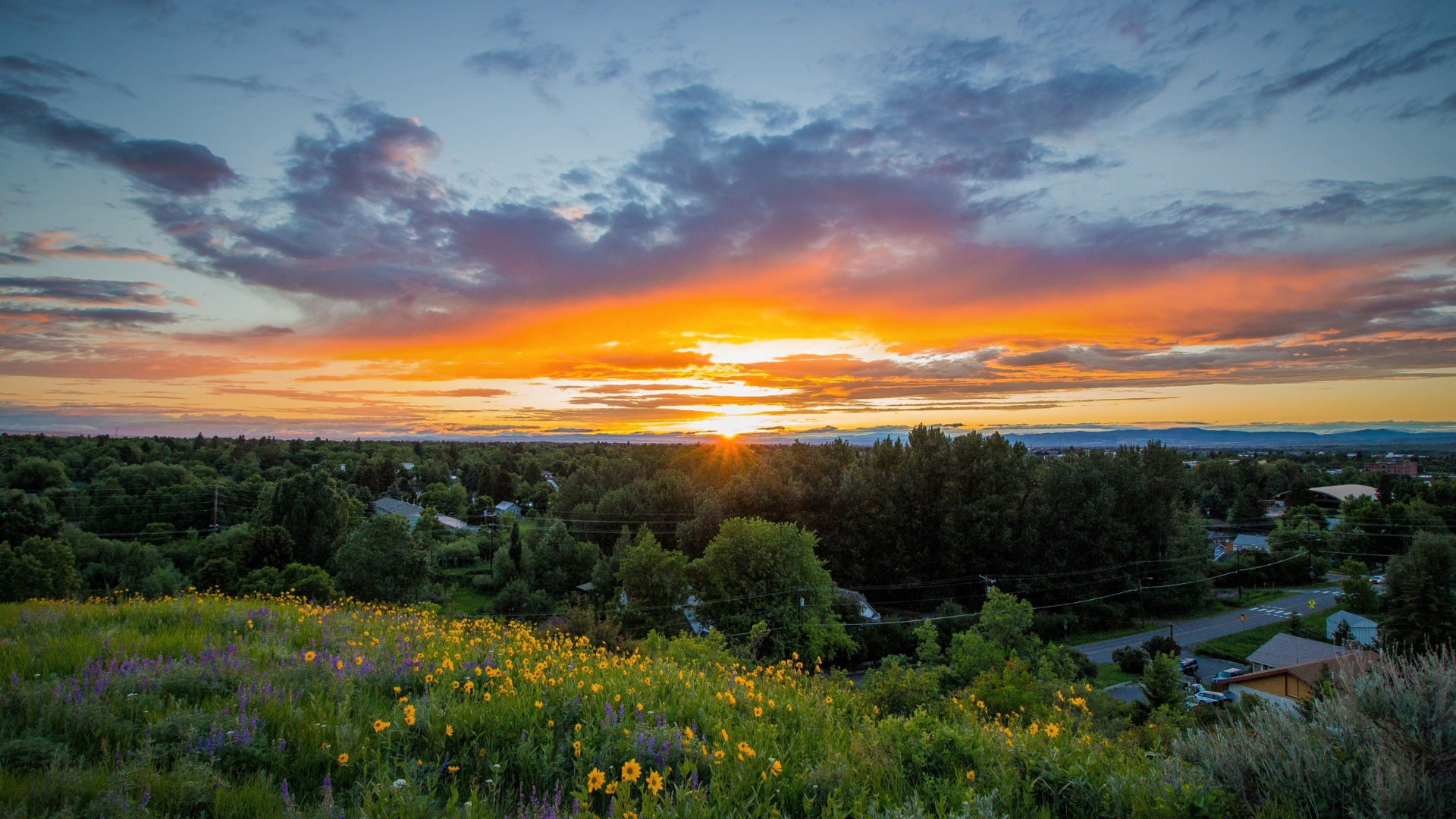Originally shared as a part of the Gallatin Democrats March 24 newsletter.
Everyone poops. The title of a funny children’s book is a key issue in the current Montana legislative session.
When you flush your toilet it can go to one of two places, either an off-site wastewater treatment system or an on-site one. Off-site systems, called Big Pipe, are in municipalities and water-and-sewer districts like Bozeman, Belgrade, Four Corners, and Big Sky. They can serve as few as a couple dozen people to as many as 100,000. They rely on mechanical treatment systems that process waste fast.
On-site systems, or Small Pipe, use smaller pipes and individual septic tanks. In each tank, heavy poop settles and fats, oils, and grease float. Treated waste (effluent) then enters the ground and makes its way into the groundwater. Nitrates are the biggest concern here–they are an end product from the breakdown of poop, and they are hard to remove from groundwater.
Thanks to the great Montana Constitution, which establishes our right to a clean and healthful environment, and to a legacy of excellent, forward-thinking laws, the Montana Department of Environmental Quality reviews every new proposed Small Pipe plan as part of the subdivision process. Staff look at a number of critical details to decide if a new subdivision’s waste is going to be treated adequately without harming the groundwater and surface waters that we rely on. The amount of time the DEQ spends reviewing these files is set out in law. Here is the problem– during the pandemic those review times shot far past those guidelines–there was not enough staff to handle the building boom. This meant that developers and engineering firms had to wait longer and longer to have their files reviewed. Given the housing crisis (which is urgent in Gallatin County but also exists across the state), this created a very bad situation. Eventually the DEQ had to hire outside contractors to assist with reviews.
This brings us to the current legislative session. Legislators are, quite rightly, addressing this crisis at the DEQ. But rather than commit more resources to help the DEQ hire and train more staff, they are weakening requirements. (The DEQ is currently underfunded. Staff is paid below market standards, and it is difficult to retain staff.) HB 364 will allow certain applicants to design and review their own material that the DEQ will be required to accept. This sets a dangerous precedent, one that threatens our state water and homeowners when mistakes are made. SB 285 will change how close a septic system can be to surface water without having to prove the effluent will not degrade the water. Currently, that analysis must be done within a half mile. SB285 will reduce that distance to 500 feet. Finally, SB 327 will allow a developer to place a well anywhere on a lot as long as it meets the setbacks. This lax approach could result in a resident drinking contaminated water.
These bills attempt to solve a real problem without fully thinking through the ramifications. If passed, they will endanger the quality of our water. Call your State Senators and House members and ask them to vote No on HB 364 , SB 285 and SB 327.
[UPDATES: HB 364 has passed both chambers, contact the governor’s office and ask him to veto the bill. SB 285 has been amended and is being returned to the senate for a vote of concurrence. SB 327 has been amended and is awaiting a vote on third reading in the Senate.]

